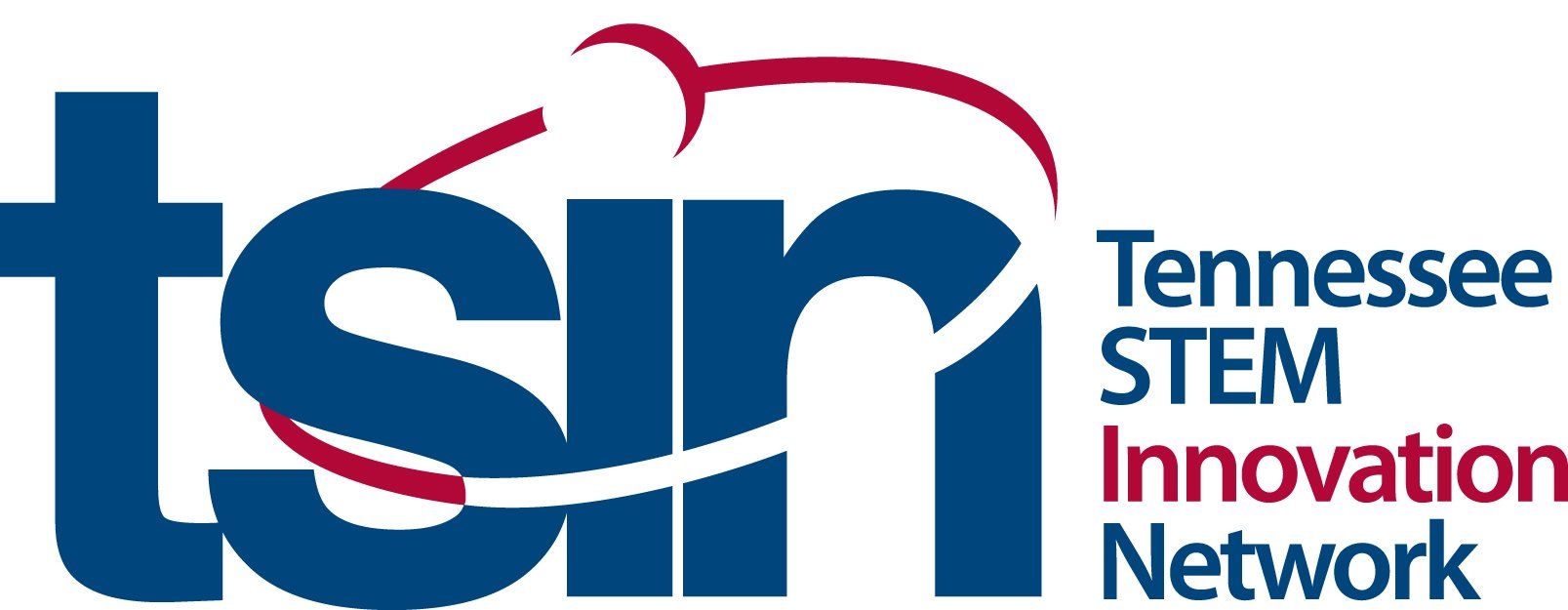Exploring Pollen
Maker Monday
April showers bring May flowers! This week you will investigate and learn about pollinators. Are pollinators important to Earth? Research what flowers and plants pollinators love the most. If you were a pollinator, what tasty snack would you want to land on? After your research, you can design a garden for pollinators at your school, neighborhood or backyard.
Today you will bee-come a pollinator and design a garden to live in!
Step 1: Research different plants that pollinators love and what plants will be best for your garden here. Now head outside and observe four to five different pollinators in your yard. What are they doin? Do you see pollen on them? Use this template to collect research and design your garden.
Step 2: What bees live in Tennessee? Tennessee is home to many bees that are vital to our food supply. Check out this list of Tennessee Bees and the plants they love the most.
Step 3:
How can we help protect and encourage monarch butterflies in Tennessee? Check out
this map of monarch butterflies on the migration across the United States. Plant Milkweed! Check out how to help monarch bees in Tennessee
here by planting milkweed.
Step 4: You have researched bees and butterflies, the most common pollinators in Tennessee. Design a garden for your favorite pollinators to enjoy. Be sure to include a water source and plants pollinators will enjoy!
Step 5: Be sure to share your garden designs on social media using #MakerMondayTN and #LearningInPlaceTN!
Additional Resources:
Wonder Wednesday
Some people are afraid of the pollinators in their yard. Most of the time, it is because they don't understand how important the pollinators are to the environment. Have you ever wondered what kinds of creatures are pollinators? And why are certain creatures drawn to certain plants or trees? There are so many different characteristics of pollinators.
Today you will wonder about the important work of pollinators and find out more about the different kinds of creatures that pollinate!
Step 1: Are bees in danger of going extinct? Check out this information video to explain colony collapse disorder that is impacting bee colonies across the world.
Step 2:
Ever wonder how many flowers can a bee pollinate? Do bees and other pollinators only pollinate a certain amount a day. Check out
this page to find out! Do pollinators stop pollinating when they are tired of eating?
Step 3: What are the biggest threats to our bee population? Research
this toolkit to find different threats to the bee population and how you can help save and help the bees.
Step 4:
Why are these wonderings so important to understand? Does our food supply depend on these small creatures? How can you help the Earth and food supply by bringing awareness to pollinators? Using your research from today, create an advertisement for pollinators. What would the pollinator say about their job and the importance of different pollinators?
Step 5: Ask a family member to share what you learned about pollinators on social media using #WonderWednesdayTN and #LearningInPlaceTN!
Additional Resources:
Future Friday
We're not "pollen" your leg! Careers around pollination are buzzing with excitement! This week you have researched a lot about pollination and how to save or help pollinators. This research and knowledge would not be available if it wasn't for many of these buzz worthy jobs. Find out how you can become a professional in pollination!
Today you will explore careers related to understanding the importance of pollen and pollinators!
Step 1: One of the most popular jobs in pollination is the beekeeper. Can anyone become a beekeeper? What are the duties to keep bees and colonies? Check out this page on becoming a beekeeper.
Step 2: Did you know that robotics and engineering are helping to save the bees? Check out
these jobs that help pollinators by fighting diseases and creating robots that fly like bees.
Step 3: Honey bees are now considered as food producing animals according to the 2017 veterinary Feed Directive. Since honey bees produce honey, veterinarians now have to learn how to treat these animals just like they help other food producing animals. Learn about how
these veterinarians are training to help honeybees and beekeepers. How cool to become a “bee vet”!
Step 4:
Pollinators are vital to our existence and saving them is crucial. Learn more about careers working with pollinators
here.
Step 5: Ask a family member to share something you learned about one of these careers and why you might be interested in that career field using #FutureFridayTN and #LearningInPlaceTN!
Additional Resources:




